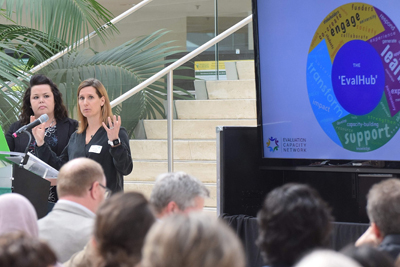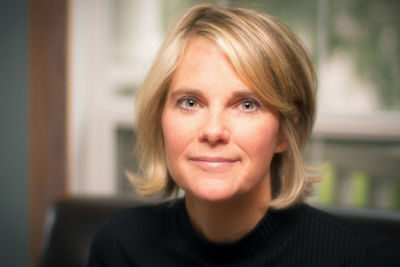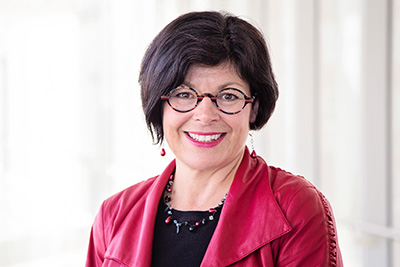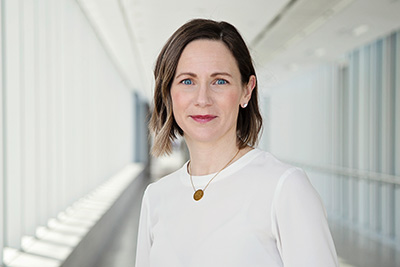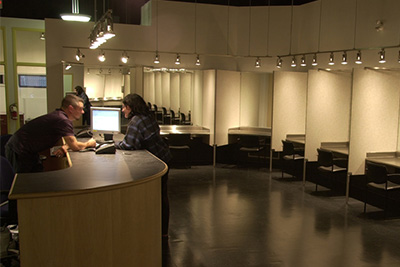Health Promotion and Socio-behavioural Sciences
What is health promotion and socio-behavioural science?
Health promotion and socio-behavioural science involves investigating how the actions of individuals, groups, organizations and communities promote health, prevent disease and foster informed decision-making on health risks.
What are we doing in the area of health promotion and socio-behavioural science?
Our history is strongly rooted in health promotion and the socio-behavioural aspects of health. The former Centre for Health Promotion Studies was one of three core groups that came together to form the School of Public Health in 2006, establishing the School as a research leader in this area.
Faculty interests include prevention of a variety of chronic diseases including obesity, cancer, addictions and other mental health conditions. Researchers also investigate dynamics of community responses to health threats, and the social and political dimensions of health systems and services, including those that are unique to specific populations.
Methodologically, we are committed to a balanced perspective that includes descriptive qualitative work, participatory approaches, as well as population surveys and randomized efficacy and effectiveness trials.
What is the focus of our research?
Our current research activities include work in the:
Professor Candace Nykiforuk is a population health researcher whose work focuses on the role of the built and social environments on health and well-being and the implementation of healthy public policy.
Professor Gokiert is the associate director of the Community University Partnership of the Study of Children, Youth and Families (CUP), and leads the development of the Early Childhood Measurement and Evaluation portfolio as director of the Evaluation Capacity Network (ECN).
Learn moreAssociate dean (research) and professor Mayan is a community-based researcher and a qualitative methodologist. Her community-based research interests are in the area of partnerships and knowledge translation and how citizens, community-organizations, clinicians, governments and universities can work together to address disparities and improve health outcomes.
Learn moreResearcher Kim Raine investigates the social conditions that shape the health of people and communities, to promote intervening policies that address healthy eating, obesity and chronic diseases.
Learn moreKate Storey's research program SIRCLE delivers and evaluates school- and community-based healthy living programs throughout Canada which promote wholistic health, prevent chronic diseases, and reduce health inequities.
Learn moreProfessor Cameron Wild's research translates evidence-based interventions for substance misuse into clinical practice, community-based prevention, harm reduction and health system changes.
Learn more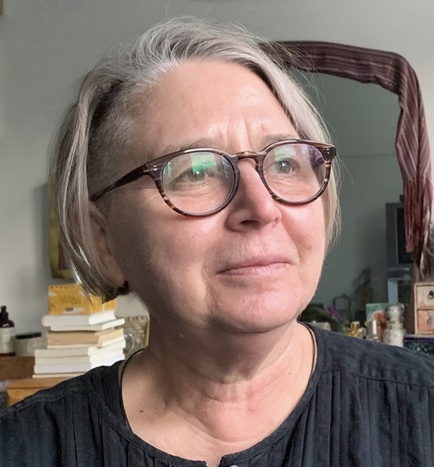
Professor Denise L. Spitzer is a critical feminist medical anthropologist who supports participatory research that examines how global processes—intersecting with gender, racialization, migration status, sexuality, ethnicity, and other social identifiers—are implicated in health and wellbeing.
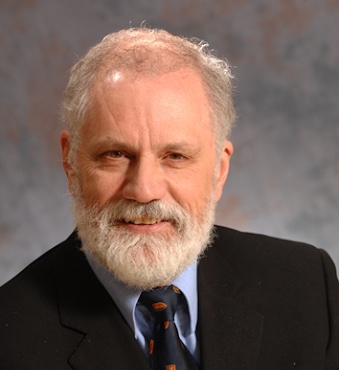
Dr. Louis Hugo Francescutti is currently an emergency physician at the Royal Alexandra Hospital and the Northeast Community Health Centre in Edmonton, Alberta, Canada. As a professor in the School of Public Health at the University of Alberta, he teaches graduate courses in transformational leadership, advocacy and public health. His current research interests include addressing the needs of emergency department patients experiencing homelessness, assessment and promotion of safety culture, end of life care and wellness in firefighters.

